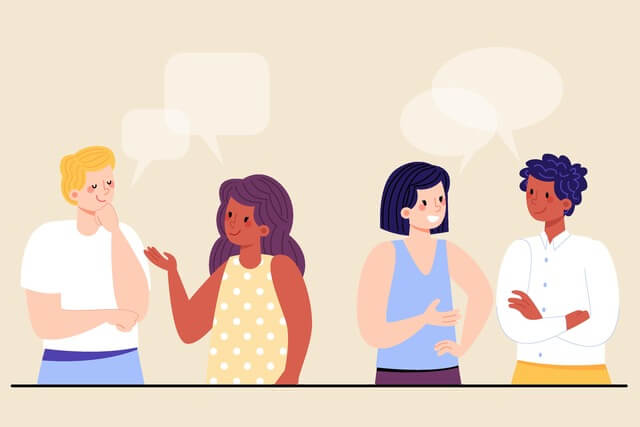In this post, we will be exploring the topic of lying and its various implications.
Lying is a complex and nuanced topic that can be difficult to discuss, especially for students learning English as a second language. However, it is an important topic to cover in the classroom as it relates to many aspects of communication and personal interactions.
In this post, we will provide a list of thought-provoking questions that can be used to spark discussion and reflection among ESL students on the topic of lying.
Questions about Lies
These are some of the questions that will help you explore this topic.
- What is the definition of a lie?
- How does lying affect relationships?
- Can lies ever be justified?
- How can you tell if someone is lying to you?
- How do people react to being lied to?
- What are the consequences of lying?
- How does lying impact a person’s mental health?
- Is it possible to stop lying?
- How do different cultures view lying?
- Can lying become a habit?
- What are some common reasons people lie?
- How does lying affect a person’s credibility?
- Is it possible to forgive someone who has lied to you?
- What are some common lies people tell?
- How do the internet and social media affect lying?
- How do children learn to lie?
- How do lies affect a person’s self-esteem?
- How do lies affect a person’s reputation?
- How can you prevent yourself from falling for lies?
- How do lies affect a person’s ability to trust others?
- How do lies affect a person’s ability to trust themselves?
- What are the long-term effects of lying?
- What is the difference between a white lie and a malicious lie?
- How do lies affect a person’s ability to lead a successful life?
- What are the different types of lies people tell?
- What do you think of liars?
- Who lies more, men or women?
- Do you feel guilty when you tell lies?
- What kind of body language would show you that a person is lying?
- Would you lie to people to get a better job and more money?
- Has a good friend ever lied to you?
- Have you ever exaggerated on your CV or during a job interview?
Ethical Dilemma
Title: The Job Interview Deception
Scenario:
Sarah, an ESL student, has been living in a foreign country for a few years and is now seeking a job to support herself. She has an upcoming job interview for a position that requires strong language skills, and she knows that her language proficiency is not at the level the employer is seeking. Faced with the fear of unemployment and financial instability, Sarah decides to exaggerate her language abilities during the interview.
How would you answer these questions?
- Should Sarah be honest about her language proficiency during the interview, even if it means risking the job opportunity?
- What are the potential consequences of Sarah getting the job based on her exaggerated language abilities?
- How could Sarah address her language limitations during the interview without jeopardizing her chances


